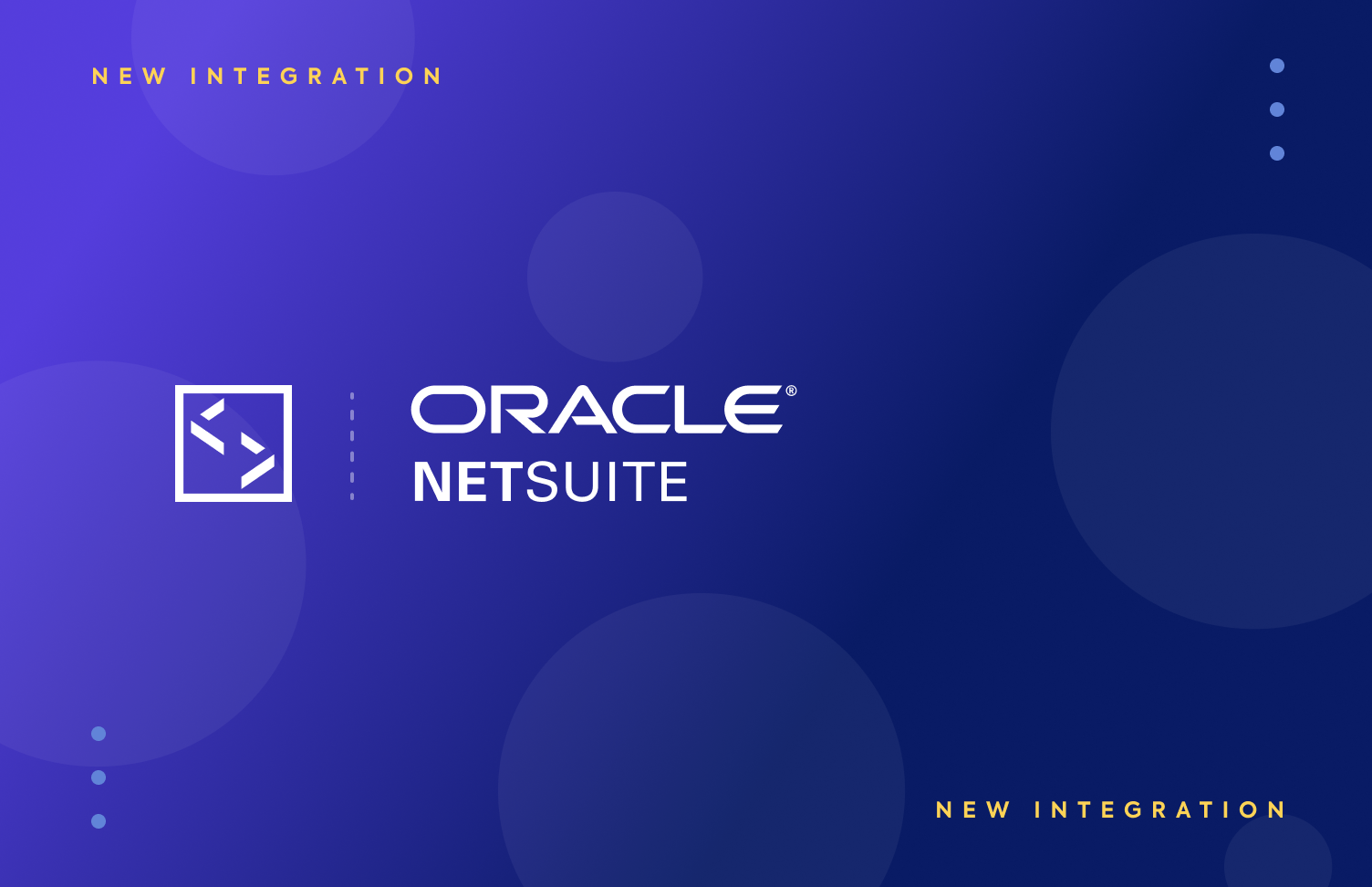
NetSuite is one of the leading mid-market cloud business software platforms globally
Codat’s highly anticipated integration with Oracle NetSuite is now live in public beta. The integration marks our fourth connection to a platform focused on mid & large scale businesses, bringing our total number of supported accounting data sources to 19, and increasing our coverage across Europe in particular.
The initial release, particularly useful for lenders, allows for the pulling of both payables and receivables data such as Profit & Loss, Balance Sheet, and Chart of Accounts. For an up-to-date list of what software Codat supports see our docs.
Codat’s Oracle NetSuite integration is currently live in open beta only. We do not recommend production usage at this time without working with our Solutions or Support teams.
Coverage
Oracle NetSuite has over 26,000 business customers across the US, UK, Australia, Germany, France, Benelux, Nordics, LATAM, and Singapore. A large proportion of the businesses it serves consist of 50 to several thousand employees, making it a leading mid-market cloud business software platform globally.
What data are we pulling?
Codat’s new integration with Oracle NetSuite allows financial service providers to pull an array of useful business data, beginning with:
- Balance Sheet
- Profit & Loss
- Company Info
- Chart of Accounts
- Customers
- Journal Entries
- Tax Rates
Over the coming months, we’ll provide full support for the following Codat data types:
- Bank Accounts
- Bank Transactions
- Bill Attachments
- Bill Credit Notes
- Bill Payments
- Bills
- Invoice Attachments
- Invoice PDFs
- Invoices
- Items
- Payments
- Purchase Orders
- Suppliers
- Tracking Categories
To gain a full understanding of exactly which data sets are available, please visit our docs.
Who will stand to benefit?
Both new and existing clients across numerous sectors, from lending and insurance to analytics, stand to benefit from this integration which will help them better support their medium-sized business customers and prospects.
For many financial service providers, the NetSuite user base represents a highly valuable market, owing to their enhanced spending power. However, this market is often considered inaccessible. It typically takes many months and costs a substantial amount to build a direct integration to the NetSuite API, even with the help of an expert consultant – something our clients will not need to worry about.
Medium to large-sized businesses will benefit, in turn, from greater interoperability between the numerous applications they rely on to run their businesses, saving them considerable time and money.
What’s next?
Codat will continue to work closely with Oracle NetSuite to further enhance the capabilities of this integration. We have ambitious plans to continue to expand our coverage to capture even more mid-market businesses, starting with the release of our Sage Intacct integration. Visit our Product Roadmap for more information on our future plans or to request additional data types for existing integrations.